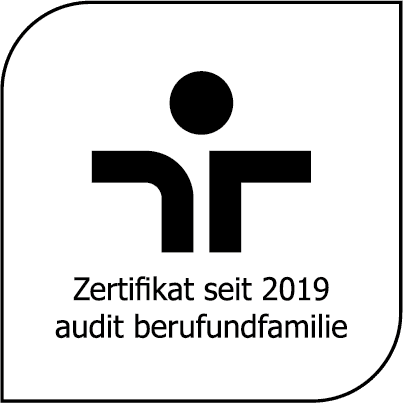Test instruments sorted
Contact person for the Open Test Archive
Gülay Karadere (Dipl.-Psych.)
Research Associate
guek@leibniz-psychology.org
KTM
Komplizierte Trauer Modul
Short abstract
The aim of the KTM is to explore how the loss of a relative affects individuals. This should also differentiate the "complicated grief" with intrusions, avoidances and mismatches from other grief. The KTM was developed from the manuscript version of the "Complicated Grief Module" by Horowitz et al. (1992) and is based on the "Stress response model". There is a long version (interview version) with 35 items as well as a short version with 27 items. Reliability: The correlation coefficients of the individual symptom categories in the long version are alpha = .77-.87. Validity: In order to measure construct validity, the effect size was determined in the long version, i.e. to what extent each item can differentiate between high and low characteristic values. Three items with an effect size below d = .80 were then excluded. Spearman was used to measure the correlation between the items and the three symptom categories. The results suggested that although the items differ, they correlate with several symptom categories and that the symptom categories overlap. Therefore, this indicates that with all three different symptom categories the same superordinate abnormality is measured.
Leibniz Institute for Psychology (ZPID). (2019). Open Test Archive: KTM. Komplizierte Trauer Modul. Available at: https://www.testarchiv.eu/en/test/9005539
Citation
Maercker, A. & Langner, R. (2008). KTM. Komplizierte Trauer Modul [Verfahrensdokumentation, Fragebogenversion, Interviewversion und Auswertung]. In Leibniz-Institut für Psychologie (ZPID) (Hrsg.), Open Test Archive. Trier: ZPID.
https://doi.org/10.23668/psycharchives.4591
Short information
Short Name KTM
English Name Complicated Grief Module - German version
Authors Maercker, A., Langner, R.
Published in Test archive 2008
Copyright/Licence Copyright Autoren; CC-BY-SA 4.0
Language versions deu
Construct Complicated Grief Module (Horowitz et al., 1992), Stress response model
Application age Adults (possibly already from 15 years)
Item number 27 items (Questionnaire); 35 items (Intervie version)
Subscales (1) Intrusion, (2) Avoidance, (3) Failure to adapt, (4) Salutogenic item
Application Time 5-10 min.
Interpretation time No information.
Internal consistency: Cronbach's alpha = .77-.87 (Long version).
Findings on constuct validity.
No information.
Applications Research, Cinical Diagnostics
Older versions
Version 1: https://doi.org/10.23668/psycharchives.376
There is no abstract in English available. Short information about the measure can be found under Overview. More can be found on the German pages.
There is no review in English available. Short information about the measure can be found under Overview. More can be found on the German pages.
First published in
Maercker, A. & Langner, R. (2002). KTM. Komplizierte Trauer Modul. Zürich: Universität Zürich, Psychologisches Institut, Fachrichtung Psychopathologie und Klinische Intervention. PSYNDEX Dok.-Nr. 9005539
Feedback form
Feedback on the use of a procedure from the Open Test Archive of the Leibniz Institute for Psychology (ZPID) to the test author(s)
Contact information
Dr. phil. Dipl.-Psych. Robert Langner, Forschungszentrum Jülich GmbH, Wilhelm-Johnen-Straße, D-52425 Jülich
Prof. Dr. Dr. Andreas Maercker, Leiter des Forschungsbereichs, Psychologisches Institut - Psychopathologie und Klinische Intervention, Universität Zürich, Rämistrasse 71, CH-8006 Zürich, Schweiz

 Learn more about us!
Learn more about us! 
